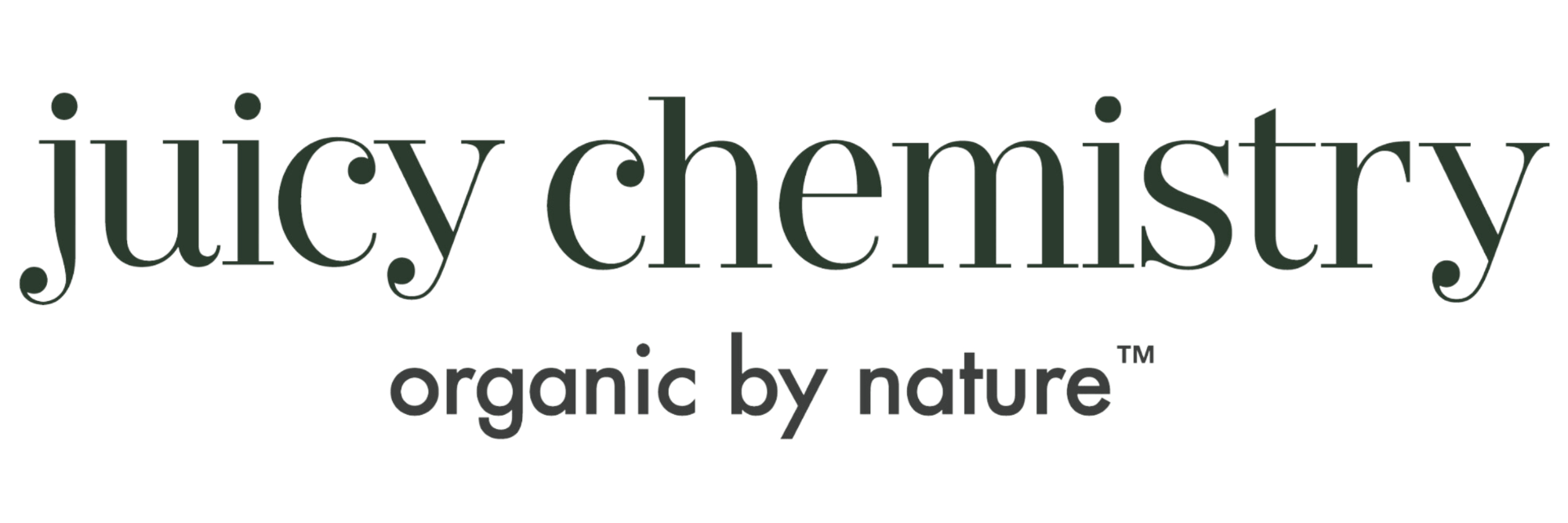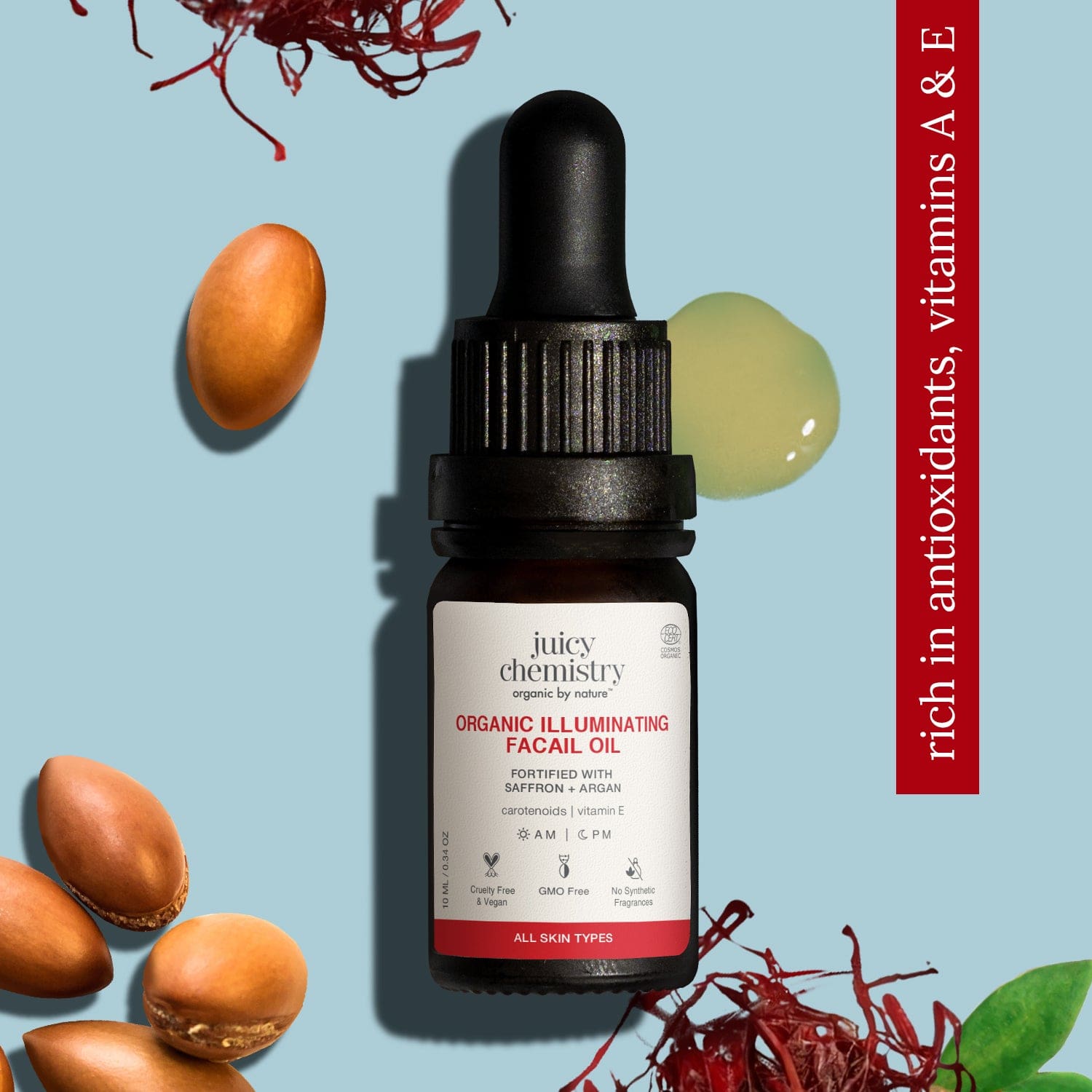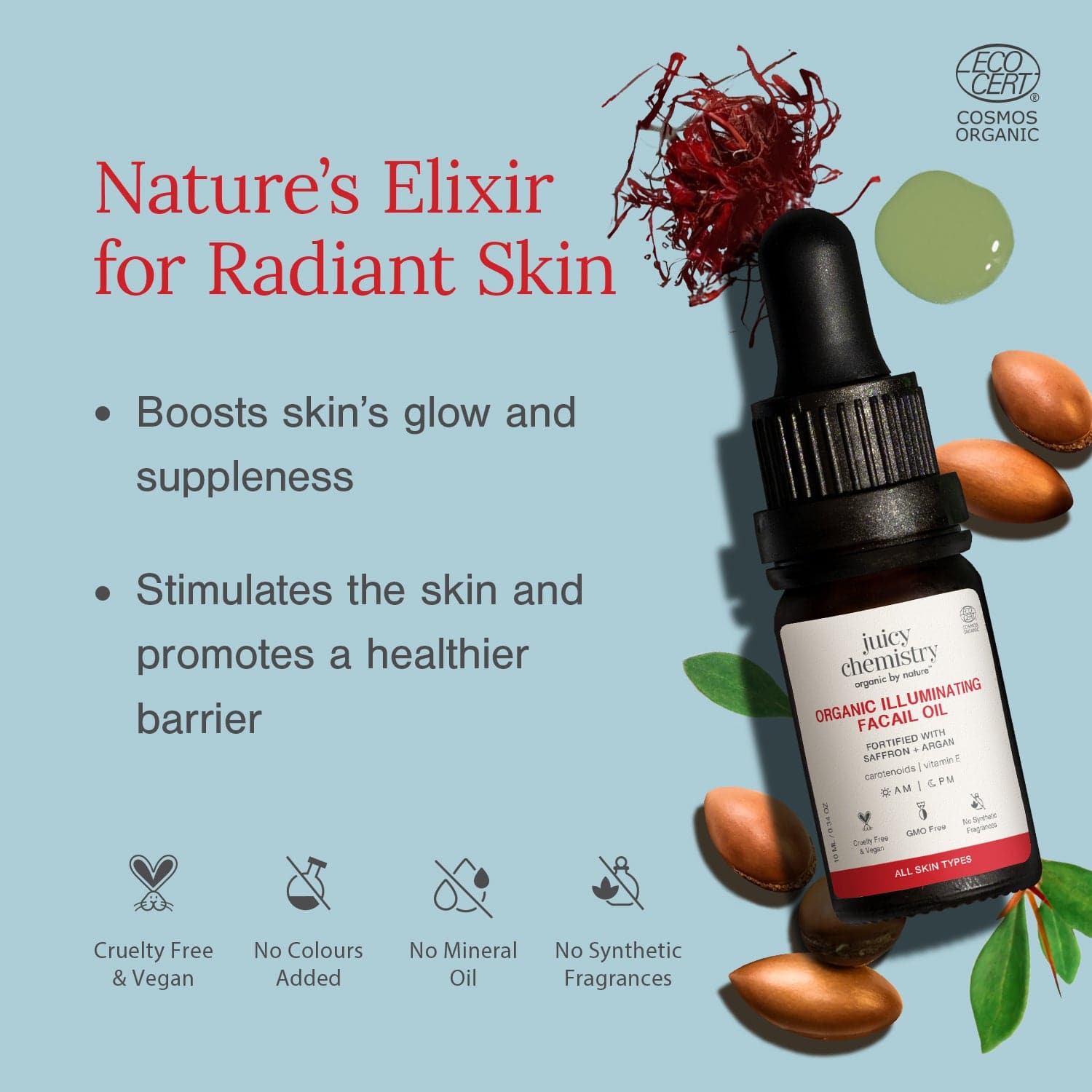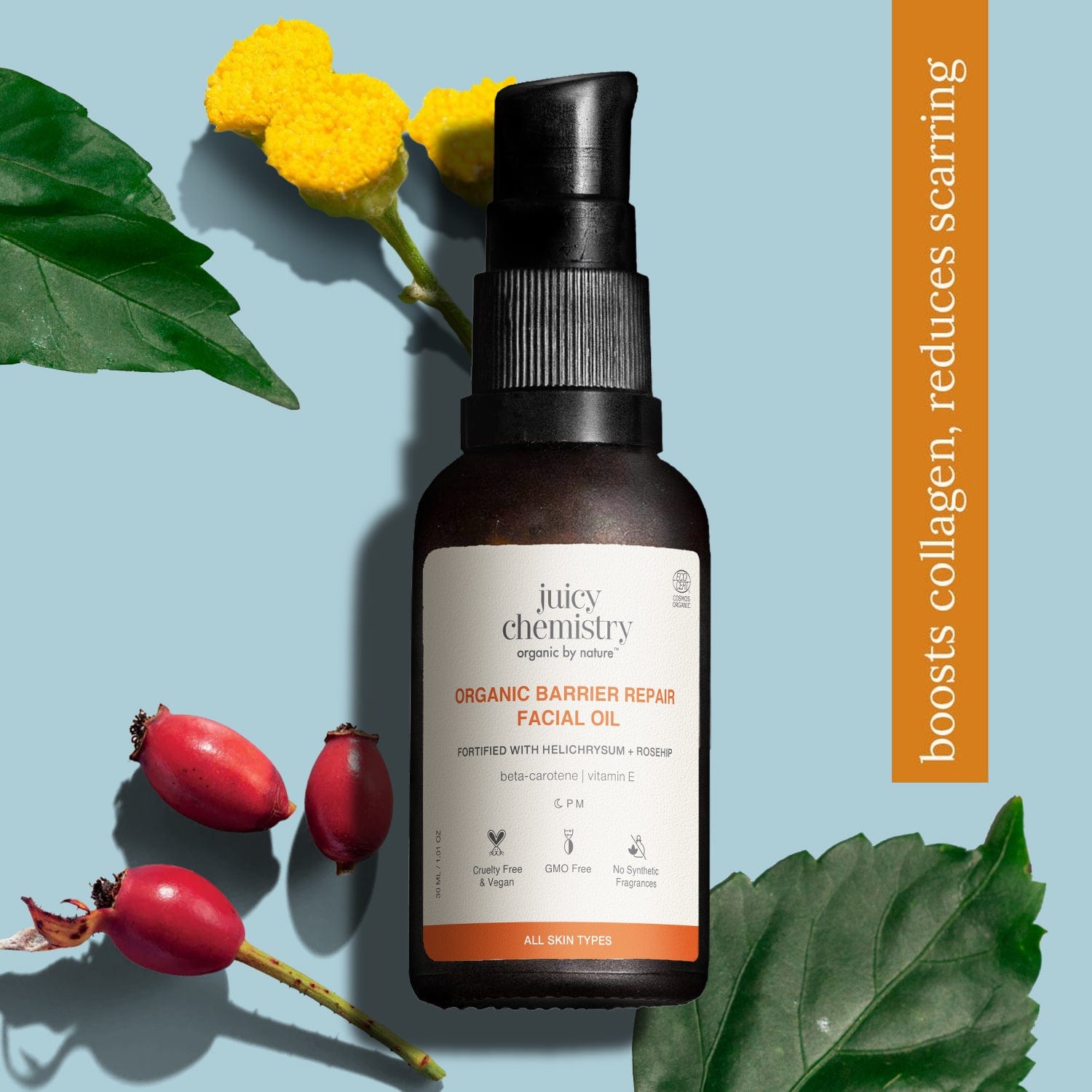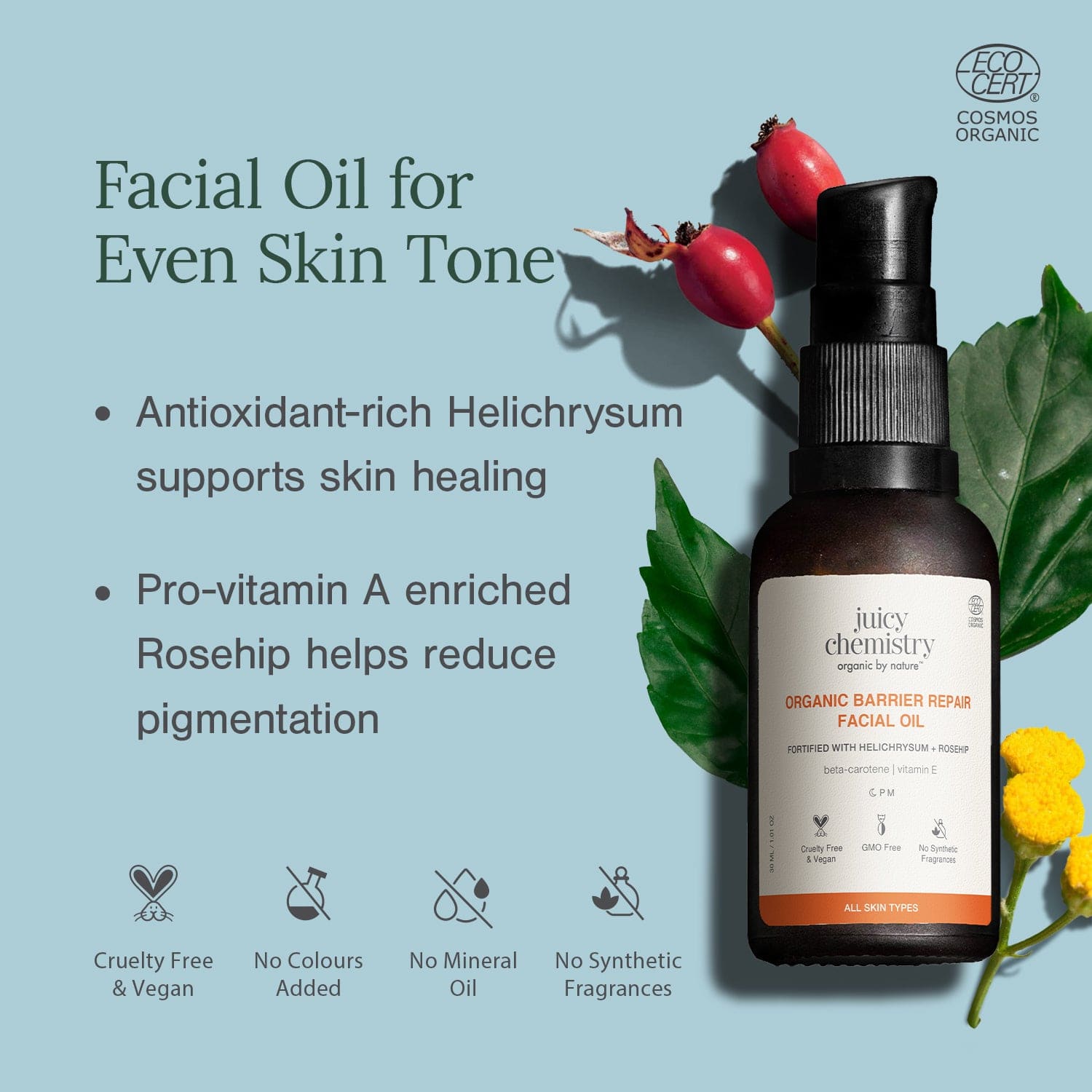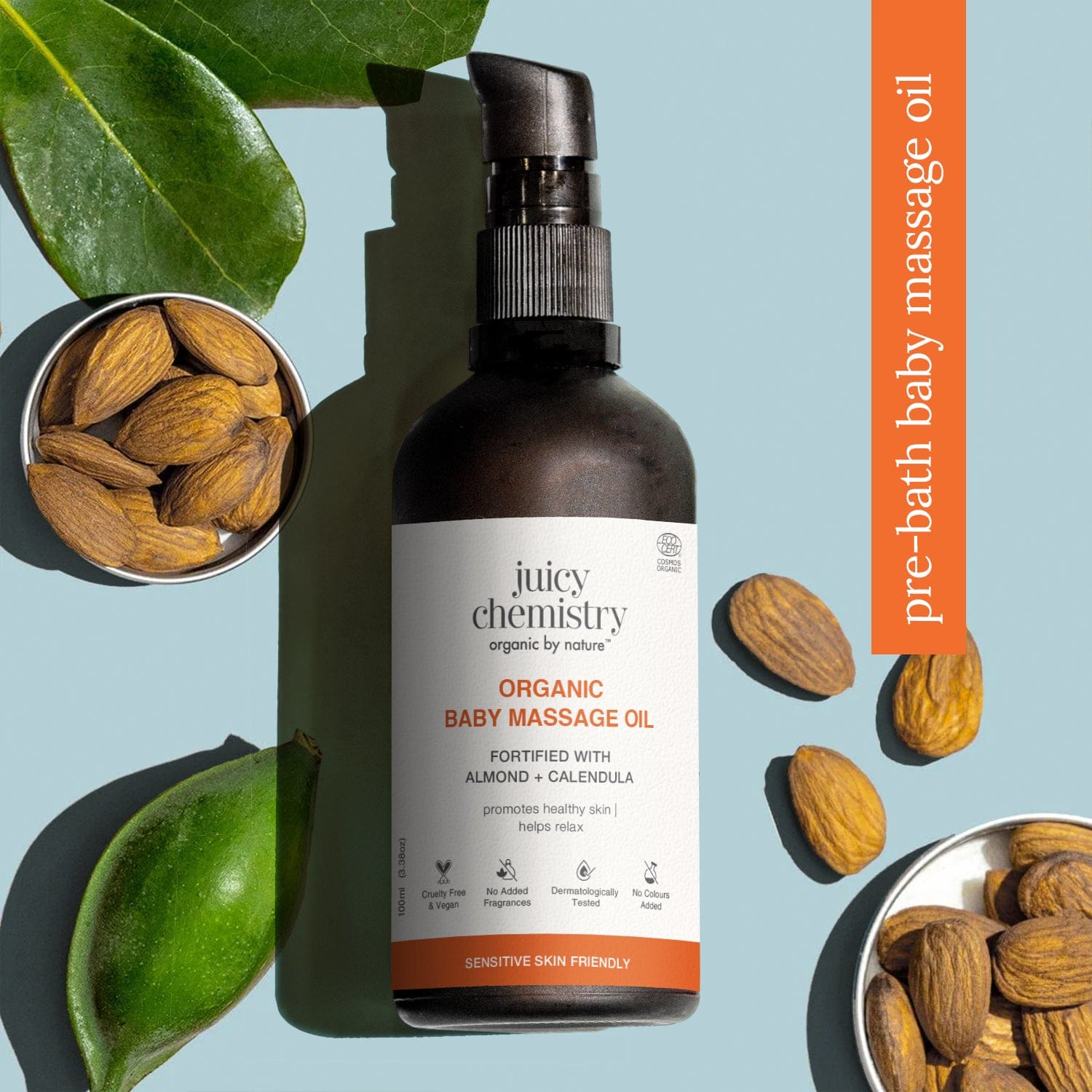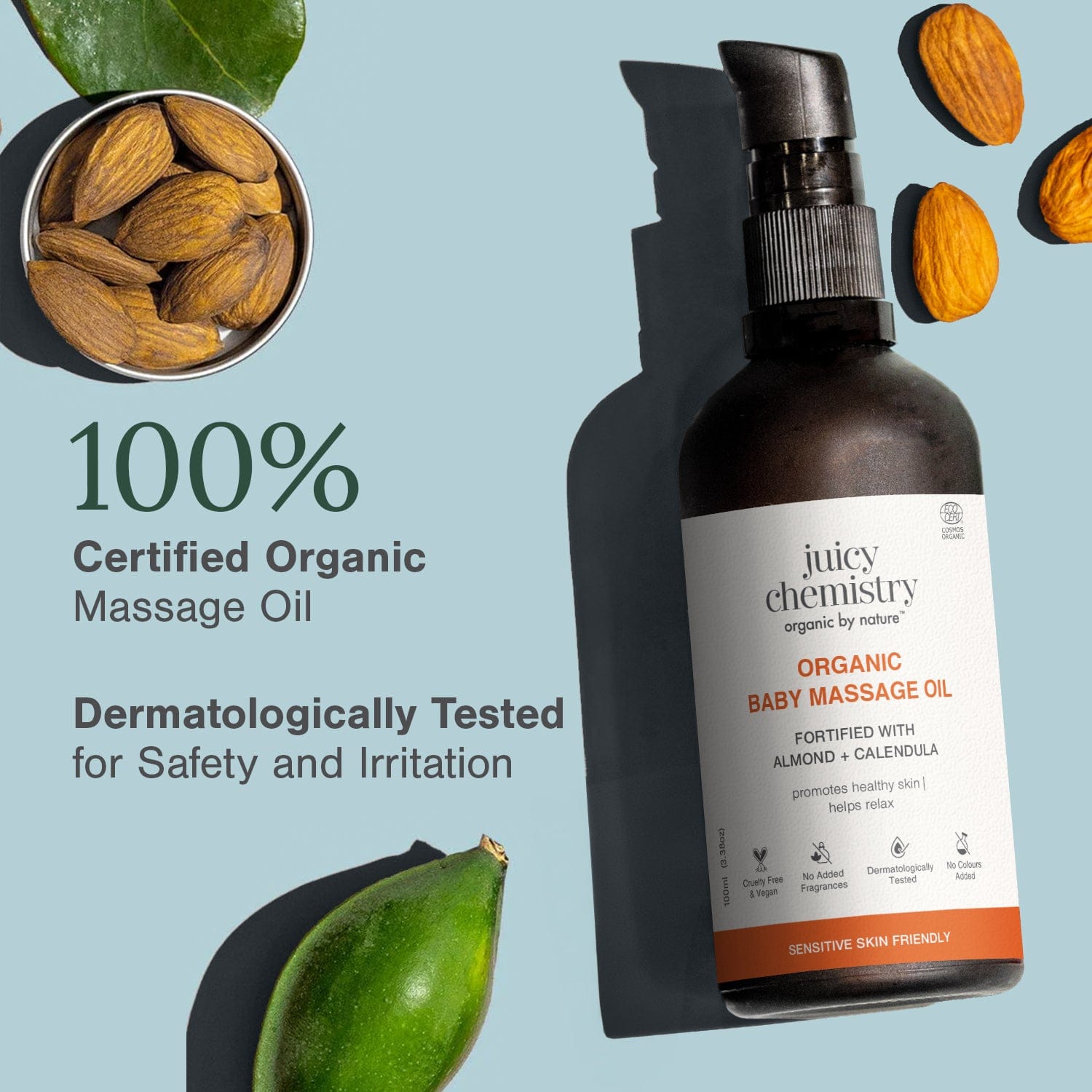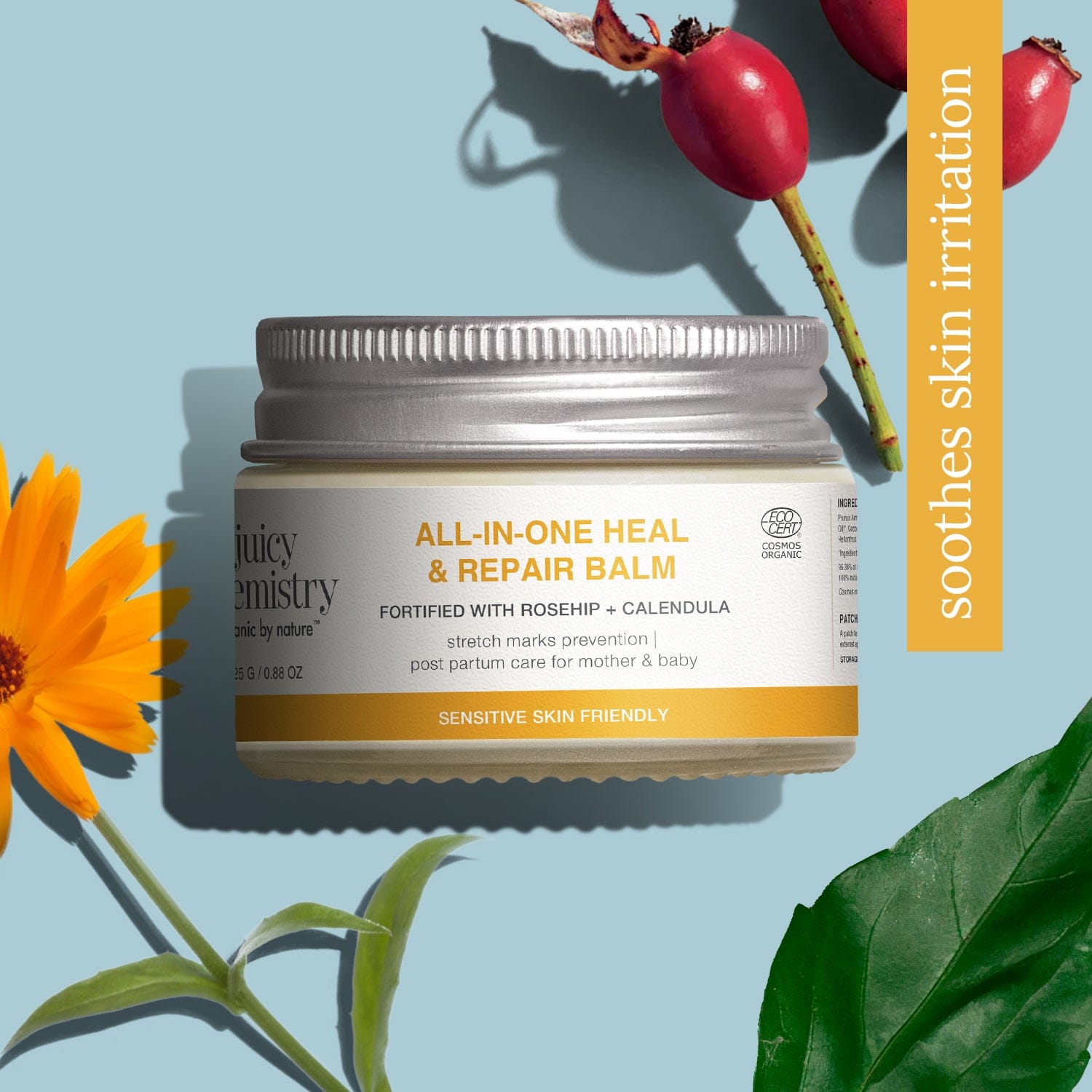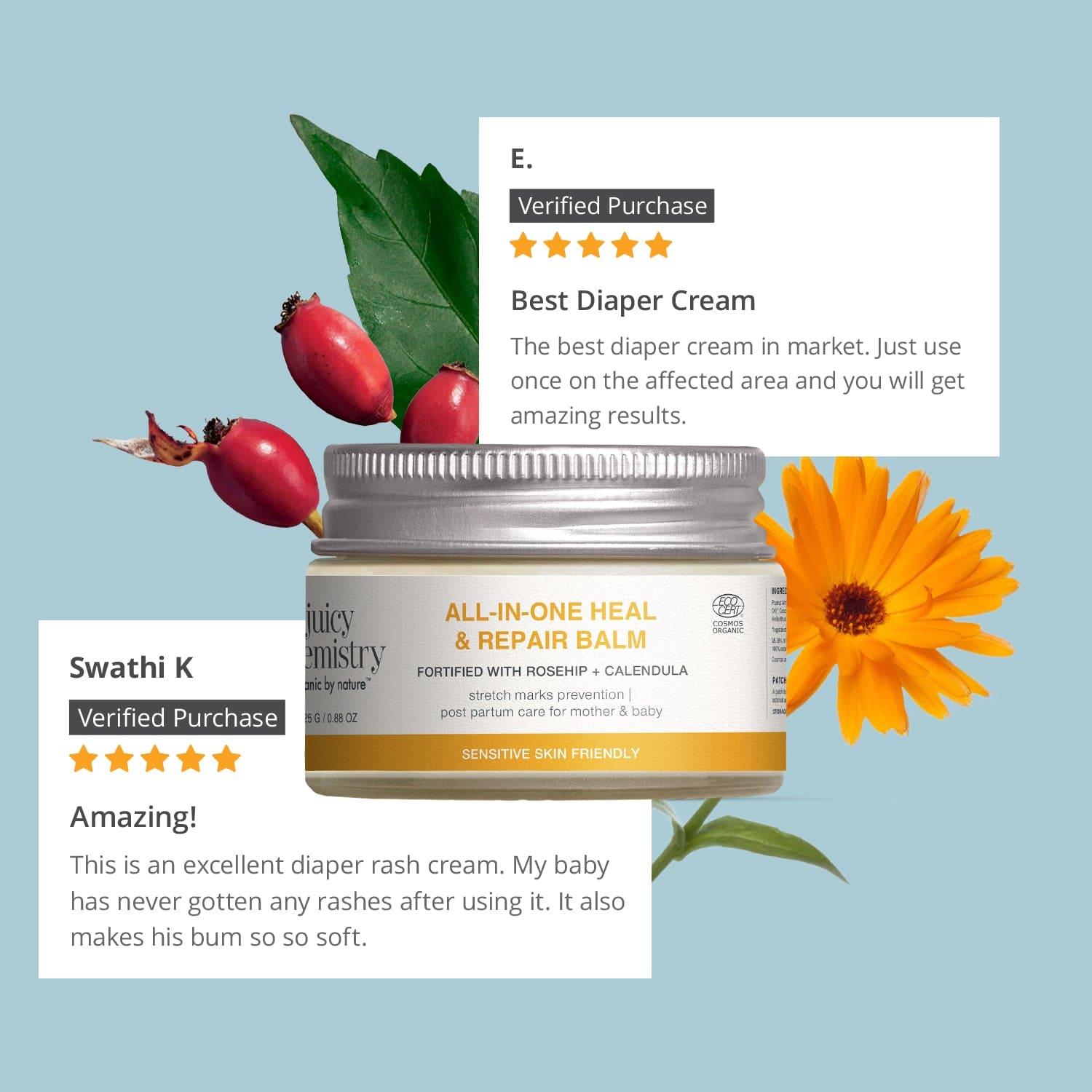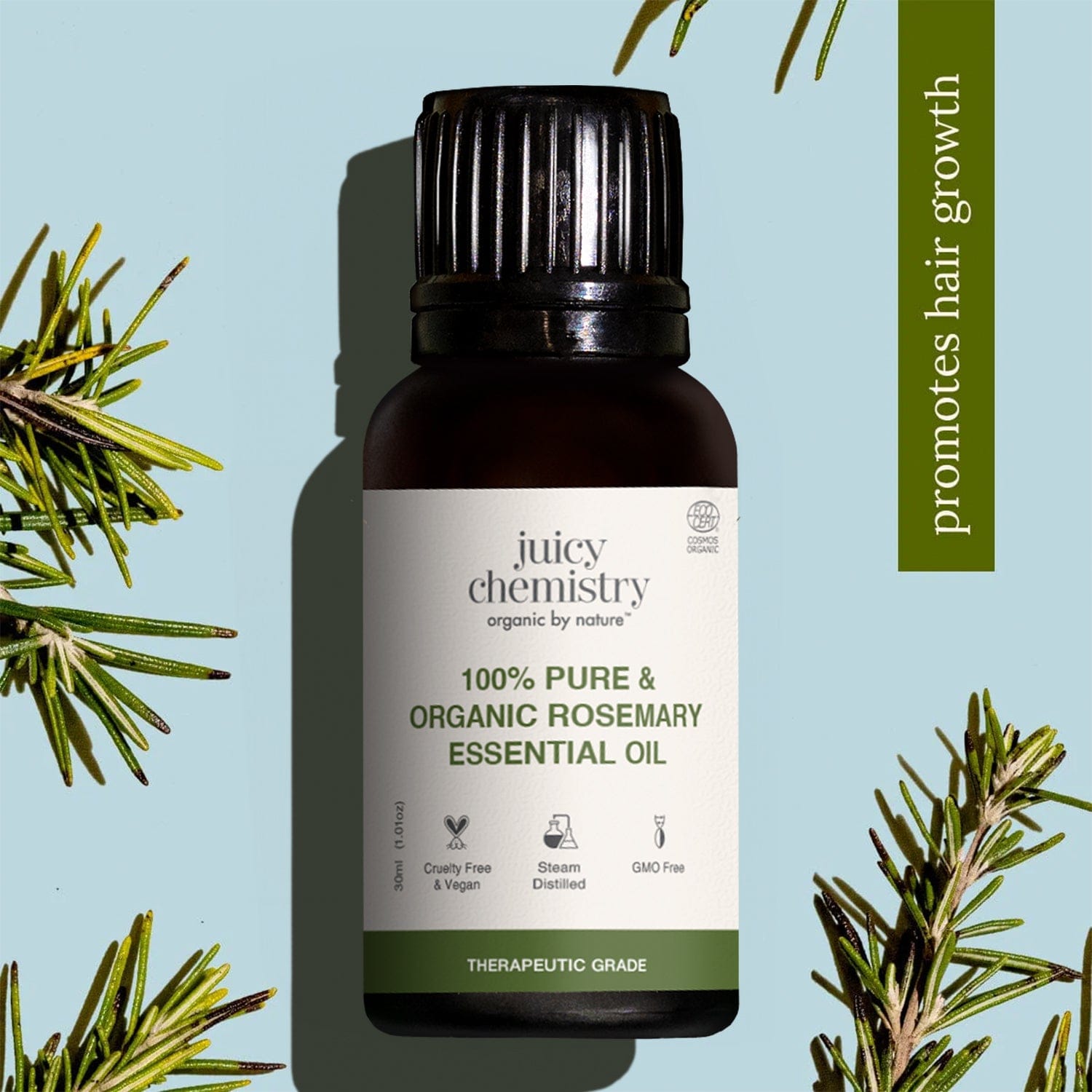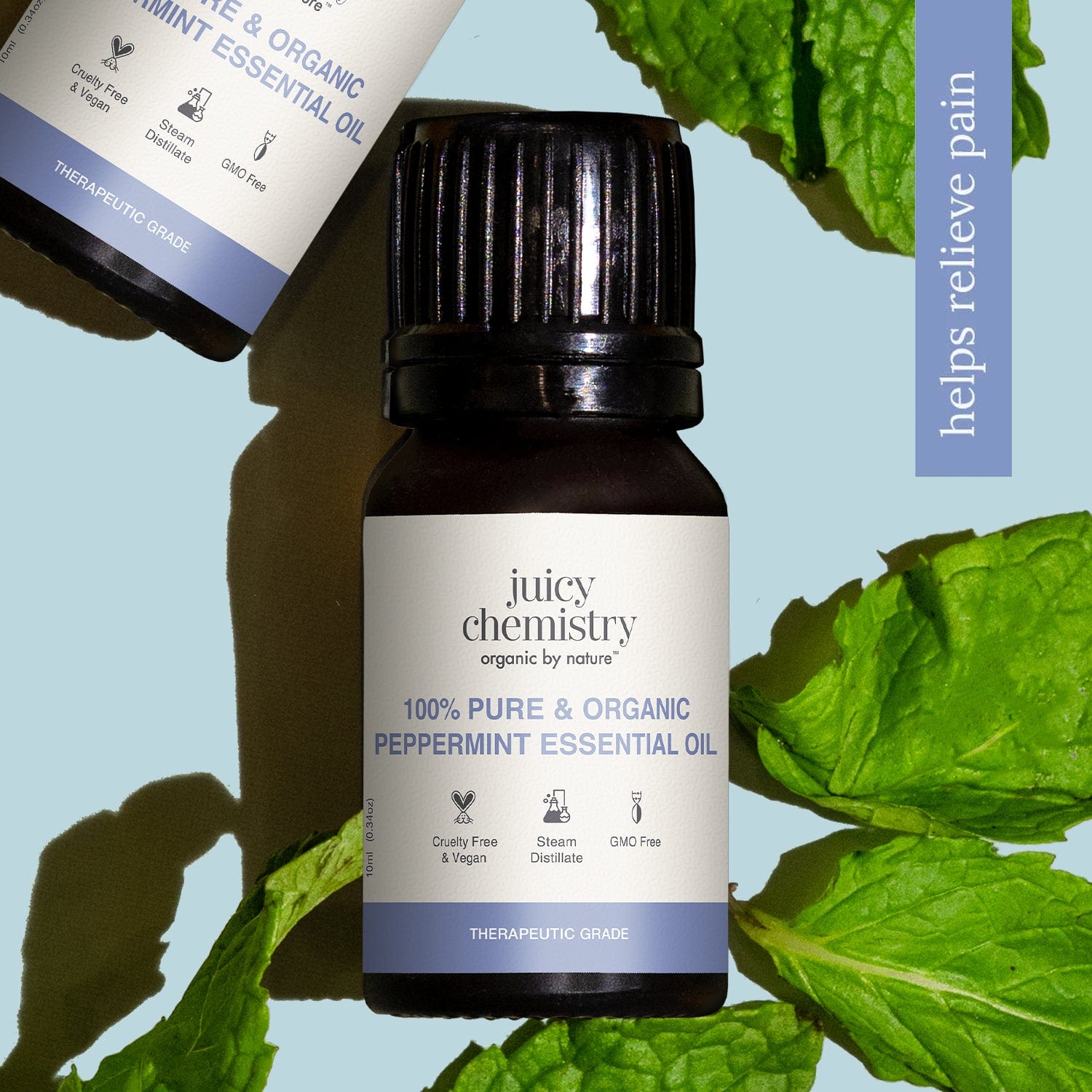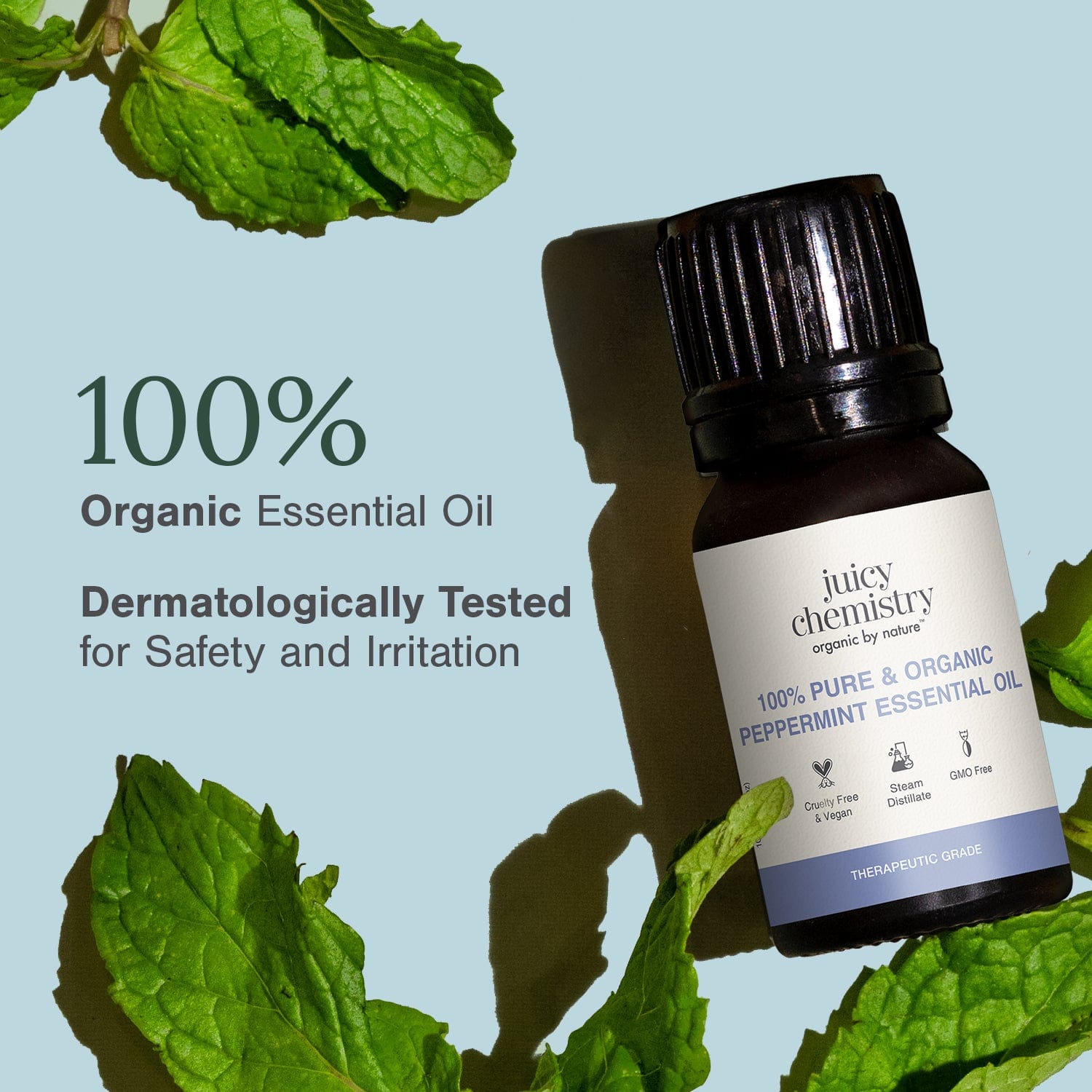Tired of Oily Scalp? We got you covered!
July 05, 2021Do you find yourself wanting to wash your hair just one or two days after using shampoo? Are you constantly searching for methods to minimize the oiliness of your hair and scalp? You might be dealing with an oily scalp. This condition occurs when the scalp generates an excess of sebum. Hair follicles contain sebaceous glands that produce sebum, which is vital for maintaining a healthy scalp and hair. However, an overproduction of sebum can lead to various issues.
An oily scalp can result in itching, dandruff, and other related problems. Additionally, it can make your scalp more susceptible to infections and hair loss. This condition can be hereditary or influenced by several factors, including the following:
Factors Contributing to Oily Scalp
-
-
Genetics
An oily scalp may be inherited from your family members. While this factor is often beyond our control, there are steps you can take to manage excessive sebum production. -
Hormonal fluctuations
Changes in hormones during pregnancy, puberty, or menopause can impact the scalp's sebum production. This condition may persist or resolve over time. -
Overuse of hair care products
Sometimes, using too much shampoo, conditioner, or other hair products can irritate the scalp, prompting it to produce more sebum. This issue can often be managed. -
Inappropriate hair care products
Selecting hair care products that do not suit your hair and scalp type can lead to increased sebum production. Shampoos containing sulfates can strip the scalp of its natural oils, resulting in dryness. A dry scalp can then trigger an overproduction of sebum. -
Stress
Stress impacts the body as well as the hair. A study indicated that individuals experiencing prolonged stress exhibited signs of an oily scalp.
-
An oily scalp does not merely result in a greasy feeling; it can also lead to additional complications. Common issues associated with an oily scalp include itching, hair loss, and scalp infections.
-
-
Dandruff
The body naturally sheds dead skin cells over time. As new cells develop, the old ones need to be eliminated. A sticky scalp can hinder this process, leading to dandruff. Poor hygiene and neglect can result in conditions like Seborrheic Dermatitis or Scalp Eczema. -
Itching
Dandruff is frequently accompanied by itching due to an oily scalp. If neglected, an oily scalp can easily develop skin issues. The scalp has fewer sensitive sensory nerves, which may lead to a rapid worsening of scalp conditions. [1] -
Forehead acne
The oil, dirt, and bacteria from the scalp can easily transfer to the forehead, particularly through hair towels and pillowcases. Small breakouts on the forehead can be a potential consequence of an oily scalp.
-
Methods to Manage Scalp Oil Production
An oily scalp necessitates regular care and frequent cleansing. You can maintain your scalp in a way that allows for consistent cleansing without causing dryness.
While it is impossible to completely eliminate an oily scalp, as it is influenced by factors like stress, hormones, or external elements such as hair care products, you can manage the severity of this issue through the following strategies:
-
-
Establishing a hair washing schedule
Regular cleansing helps minimize the accumulation of dead skin cells, dirt, and grime. You might consider washing your hair every third day or according to your convenience. This may require some experimentation, as everyone's hair and lifestyle differ. Determine your hair washing days based on your needs and lifestyle. Your choice of hair care products will also significantly influence this, leading us to the next point. -
Selecting hair care products carefully
Using gentle yet effective hair care products is crucial for nourishing your hair and cleansing your scalp. Generally, sulfate-free shampoos and organic hair masks are recommended for managing an oily scalp. These products do not dry out the scalp, which can lead to excess sebum production, but instead keep it nourished and hydrated. -
Applying hair care products correctly
In addition to choosing the right products, using them properly is essential. It is advisable to focus shampoo application on the scalp rather than the lengths or ends of your hair. When using a rinse-out conditioner, apply it to the lengths and ends of your hair while avoiding the scalp area. Applying conditioner to the scalp can lead to buildup. -
Utilizing dry shampoo
Dry shampoo serves as a quick solution for greasy hair and scalp. It absorbs excess oil while adding some volume to your hair. Dry shampoo is particularly effective on the second or third day after washing your hair. Simply apply it to your scalp and brush away the excess. It is often used to save time or to avoid daily or alternate-day washing. However, remember that it should not replace regular shampooing, as excessive use can lead to buildup on the scalp. -
Monitoring water temperature
Using hot water can strip the scalp of its natural oils while washing with shampoo. Hot water not only dries out the scalp but also leaves the hair dehydrated. Always opt for lukewarm water when washing your scalp and hair. -
Handling your hair gently
From brushing to shampooing, treat your hair with care. Rough handling can irritate the scalp and may even lead to hair loss. -
Regularly cleaning your hair accessories
Using dirty combs or accessories can introduce dirt and oil to your scalp. Keeping your hair accessories clean is just as important as selecting the right ones. Opt for a wide-tooth wooden comb to brush your hair and ensure it remains clean. -
Thoroughly rinsing your hair
Properly rinsing your hair is crucial when using any hair care products. Ensure that you rinse your hair thoroughly to eliminate any product residue, especially from rinse-out conditioners. -
Limiting heat styling and heavy styling products
If possible, avoid heat styling your hair. Heat styling can dry out the scalp, while heavy styling products can lead to long-term buildup.
-
By implementing these strategies, you can effectively manage an oily scalp and maintain healthier hair.
Let us check which Juicy Chemistry hair care products can help with oily scalp or dandruff
-
-
Juicy Chemistry Baobab, Rosemary & Tea Tree Organic Shampoo
It is a sulphate-free, nourishing and gentle yet effective shampoo that helps strengthen hair and improve scalp health. It is fortified with moisturizing Baobab. Tea Tree and Rosemary in the shampoo, soothe itchy scalp and control dandruff. -
Juicy Chemistry Fenugreek, Brahmi & Plantain Shampoo Bar
This rich and soothing shampoo bar is well suited to oily scalp as it gently cleanses the scalp while making the hair soft, shiny, and manageable. Fenugreek, Basil and Mint in combination with essential oils of Rosemary and Lemon, soothe and refresh the scalp. -
Juicy Chemistry Plantain, Bamboo & Charcoal Organic Dry Shampoo
This dry shampoo is your perfect fix for greasy hair. Rice and Bamboo charcoal help absorb excess greasiness and make the hair feel fresh and full of life. -
Juicy Chemistry Neem Butter, Pumpkin & Ginger Hair Mask
A soothing and conditioning pre-shampoo hair mask that effectively nourishes the hair and soothes the scalp. Baobab, Argan Oil, and Castor oil strengthen the hair. Ylang Ylang, Tea Tree, and Ginger promote a clear and healthy scalp. -
Juicy Chemistry Sacha Inchi, Lemon & Peppermint Organic Hair Oil
Lightweight yet effective hair oil made from a combination of effective essential oils. Rosemary essential oil soothes the scalp while Lemon, Eucalyptus and Tea Tree stimulate blood circulation to reduce itchiness and control dandruff.
-
Juicy Chemistry Baobab, Rosemary & Tea Tree Organic Shampoo
Common Questions Regarding Oily Scalp
-
Can an oily scalp lead to hair loss?
Absolutely, an overabundance of oil can obstruct hair follicles or lead to the accumulation of dirt and dead skin cells. This buildup can result in hair loss and hinder the growth of new hair. -
Is dandruff a result of an oily scalp?
Yes, an excess of oil on the scalp can lead to the accumulation of dead skin cells, which, if not addressed, may result in dandruff. -
How frequently should one wash oily hair?
It is generally adequate to wash your oily hair and scalp two to three times a week. However, the frequency can vary based on your lifestyle and level of physical activity.
We trust that this information will assist you in managing an oily scalp and achieving a fantastic hair day!
Sources
(PDF) The Scalp Exhibits a Reduced Stratum Corneum Function with Diminished Sensory Input Compared to Other Skin Areas Evaluated by Electrical Current Perception Threshold The Relationship Between Psychological Stress and Skin Symptoms in Medical Students Diagnosis and Management of Seborrheic Dermatitis (PDF) HAIR DISORDERS, TREATMENT AND CARE: A Comprehensive Overview by AK Srivastava1, SC Srivastava1, Nimanshi Srivastava1, Research Centre For Human Mycoses And Allergy, Lucknow, India Advice for Maintaining Healthy Hair
